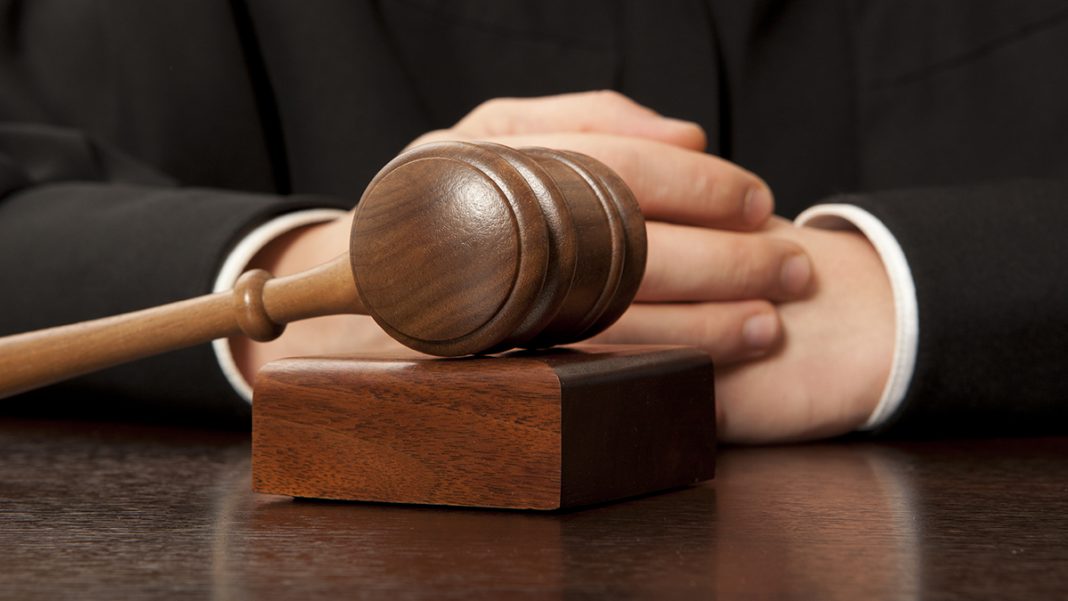Nevada City, CA — In a move that has left the world reeling from the unbridled levels of irony, online satirical publication Fazzler has successfully copyrighted the phrase “you can’t make this stuff up” and is now charging a small fee for its usage after February 27, 2017. Yes, you read that right. No, you can’t make this stuff up… wait, do we owe them money now?
Fazzler, long known for its comical articles poking fun at everything from politics to pop culture, has taken the joke to a whole new level by copyrighting the phrase that encapsulates their work’s essence. The phrase, which has been used by comedians, pundits, and anyone who’s ever witnessed an absurd situation, is now the intellectual property of Fazzler.
The irony police, a fictitious organization created to enforce the proper use of irony, have been working overtime to process the sheer magnitude of this development. They have reportedly issued a statement that reads: “Fazzler’s latest move is so rich in irony that it threatens to destabilize the very fabric of humor. We are deeply concerned.”
The process of copyrighting the phrase was no small feat. Fazzler’s legal team spent months wading through the murky waters of copyright law, eventually emerging victorious with the exclusive rights to the phrase. They have now implemented a system to charge a nominal fee for each phrase usage, retroactively dated February 27, 2017.
The response from the public has been a mixture of disbelief, exasperation, and grudging admiration for Fazzler’s audacity. In an interview, Fazzler CEO Jaxon Ironi commented on the situation, saying, “You know what they say, ‘If you can’t beat them, charge them a fee for using a common phrase.'”
While some have called this an abuse of copyright law and an infringement on free speech, Fazzler insists that the copyright is intended to protect their brand and generate a modest income to support the publication’s continued work.
“It’s all in good fun,” Ironi added. “Besides, if people want to use the phrase for free, they can always replace it with ‘you can’t fabricate this material,’ or ‘one couldn’t possibly concoct these events.'”
The copyright has already led to a flurry of legal disputes, with Fazzler pursuing cases against individuals, websites, and even comedians who have used the phrase without permission. Some have accused Fazzler of hypocrisy, as the publication frequently lampoons those who abuse copyright law for personal gain. In response to these accusations, Ironi stated, “To quote a certain copyrighted phrase, ‘You can’t make this stuff up.’ Oh, wait…”
As the world adjusts to this new reality, the phrase “you can’t make this stuff up” is slowly being replaced with various creative alternatives. Whether you view this as a triumph of satire or a travesty of free speech, one thing is certain: Fazzler’s ironic coup has truly changed the game.






